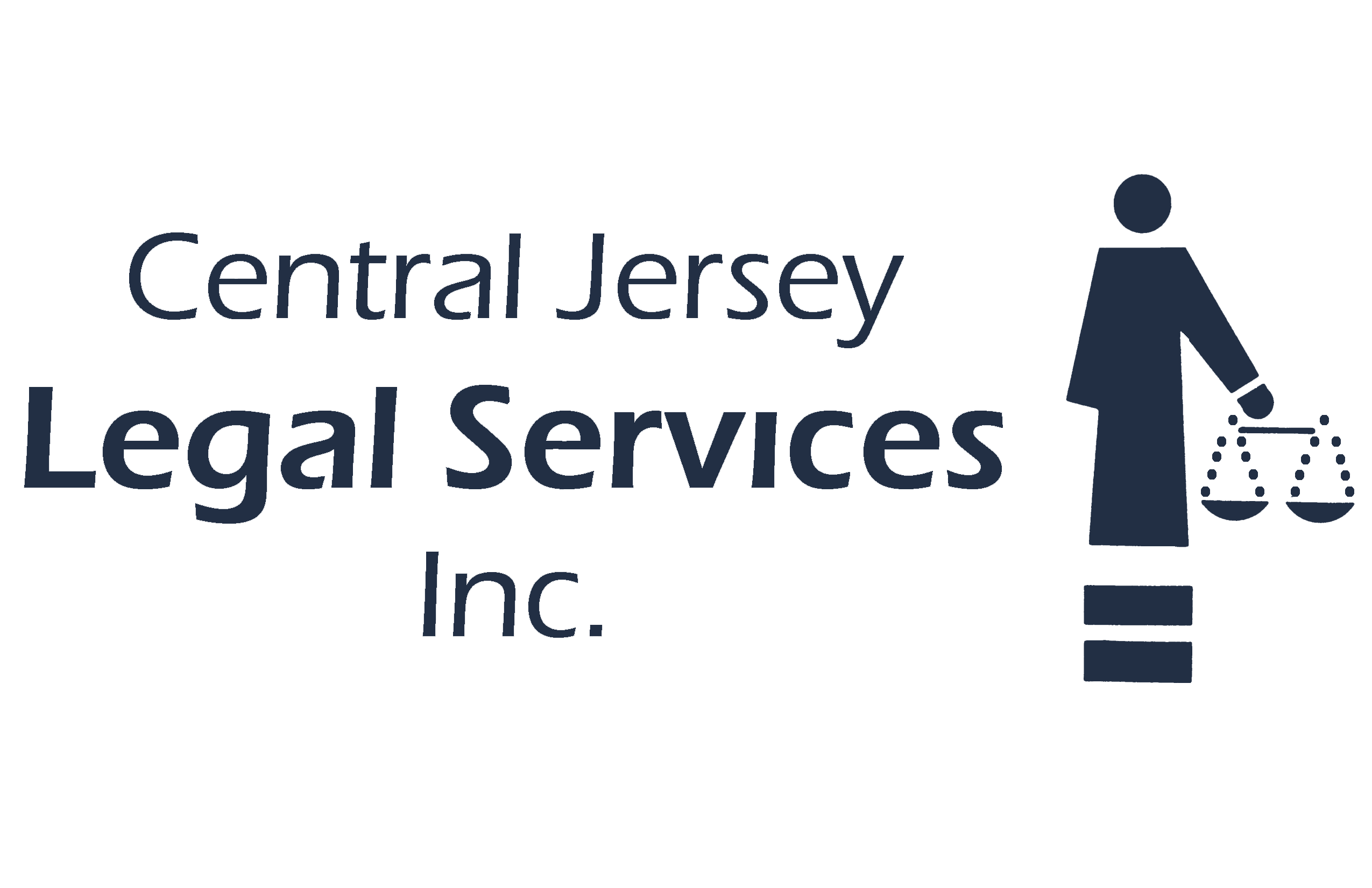If you have a legal problem, it is helpful to have a basic understanding of the court system. Sometimes, people assume all judges and all courts are the same. However, this is not true. Most judges only handle a specific type of case. It is important to know what types of cases each court handles so you know where to bring your case.
USA Court System
Generally, there are two types of courts: trial courts and appellate courts. If you have a legal problem, the trial court is your “first stop.” The trial court is where you present all the facts of your case. The type of evidence you can present will depend on the court and the type of case. For example, if you are trying to get a final restraining order in family court, your hearing will probably be very short. Photos from the police might be the only evidence you present. If you are on trial for murder in a criminal court, there might be a lot of evidence—weapons, documents, witnesses, experts, etc. Trial court is also where you might have a jury. Not all cases have juries. In fact, most do not and are decided by a judge.
Appellate Courts
If you or your opponent do not agree with the trial court’s decision, you can ask another court to consider your case. This is called an appeal. Appellate courts are separate from trial courts. In appellate court, you cannot present new facts or testimony. Instead, a panel of judges will review the information you presented to the trial court. This information is called “the record.” Before the appellate court makes a decision, your attorney can write a brief and present oral argument. A brief is a document that explains why you agree or disagree with the trial court’s decision. During oral argument, your attorney will present your position. The judges may also ask your attorney questions. You cannot present testimony or witnesses during oral argument. After the judges review the record, read the briefs, and hear oral argument, they will make a decision about your case.
How Appeals Work
You should note that appeals are not common. Most people with a legal problem will handle their case in trial court or through a more informal appeals process. For example, if the Board of Social Services makes a decision you disagree with, you might have a fair hearing. This is like an appeal but is not the same as going to appellate court.
In the United States, there are two court systems: federal courts and state courts. Each of these systems has their own trial courts and appellate courts.
The next two parts of this article explain the federal court system and the court system in New Jersey.



